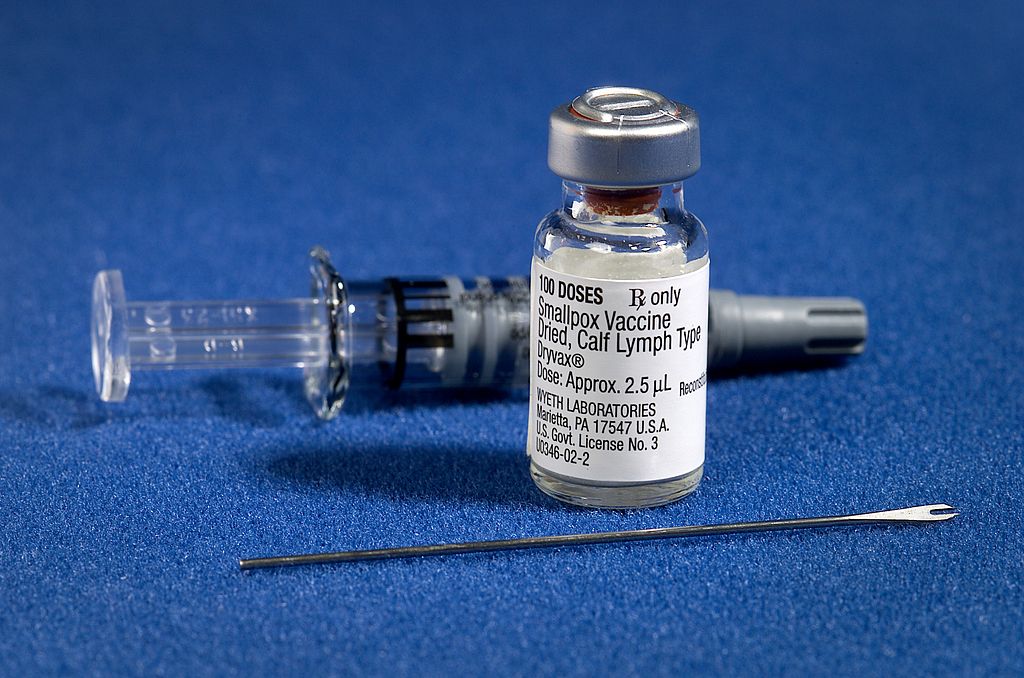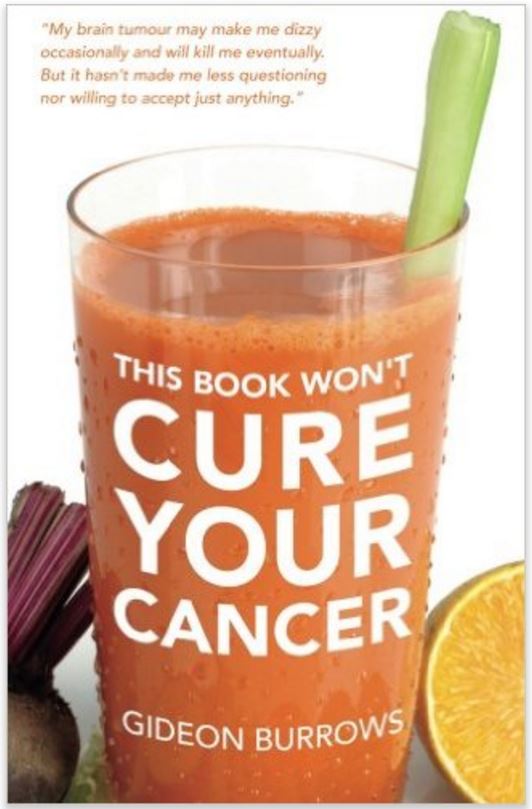Category: Critical Thinking
The Fog of Medicine
I often get called on to be a diagnostician. The referring doctor is uncertain what is going on in the patient, often a fever of unknown origin, and they call me to help figure it out. Sometimes I do, sometimes I don’t. Making the correct diagnosis is not easy, even after 35 years. The classic phrase is the fog of war, but...

How not to debate a “pro-vaxer”
To say that the relationship that antivaccine activists have with science and fact is a tenuous, twisted one is a major understatement. Despite mountains of science that says otherwise, antivaccinationists still cling to the three core tenets of their faith, namely that (1) vaccines are ineffective (or at least nowhere near as effective as health officials claim); (2) vaccines are dangerous, causing...

On “integrative medicine” and walking and chewing gum at the same time
Evidence matters. Science matters. However, when advocates of "integrating" quackery into medicine via the vehicle of "integrative medicine" invoke weak science and poor quality evidence in conventional medicine in response to criticism, what they are really doing is deflecting attention away from their quackery. More importantly, advocates of science-based medicine are capable of walking and chewing gum at the same time. We...

This Book Won’t Cure Your Cancer, But It Will Help You Think More Clearly About It
Gideon Burrows has an inoperable brain cancer that is slow growing but is inevitably going to kill him. He has written a remarkable book about his experience, This Book Won’t Cure Your Cancer. A professional wordsmith, he is able to describe his experience of illness so vividly that the reader enters into his life, feels what he feels, and shares his suspense...
Authority versus science on integrative medicine
David Katz doesn’t much like us here at Science-Based Medicine. In fairness, I can’t say that I much blame him. We have been very critical of his writings and talks over the years, dating back as far as Steve Novella’s deconstruction of one of Dr. Katz’s more infamous statements about using a “more fluid concept of evidence” to Kimball Atwood’s characterization of...
October is National Chiropractic Health Month!
October is National Chiropractic Health Month (NCHM) and chiropractors can’t resist the opportunity to overstate, obfuscate, and prevaricate in celebration. They do this in the face of some unfortunate (for them) statistics revealed by a recent Gallup Poll. The Poll was paid for by Palmer College of Chiropractic as part of an effort to increase the chiropractic share of the health care...
“Aborted fetal tissue” and vaccines: Combining pseudoscience and religion to demonize vaccines
As hard as it is to believe after seven and a half years of existence and nearly 2,400 posts on SBM, every so often, something reminds me that we here at SBM haven’t discussed a topic that should be discussed. So it was a couple of weeks ago, when I saw a familiar name in a news story that wasn’t about vaccines....
Answering Cancer Quackery: The Sophisticated Approach to True Believers
I got an e-mail with a link to a video featuring “Dr.” Leonard Coldwell, a naturopath who has been characterized on RationalWiki as a scammer and all-round mountebank. Here are just a few examples of his claims in that video: Every cancer can be cured in 2-16 weeks. The second you are alkaline, the cancer already stops. A pH of 7.36 is...
Don’t just stand there, do nothing! The difference between science-based medicine and quackery
The Merriam-Webster Dictionary defines science as: Knowledge about or study of the natural world based on facts learned through experiments and observation. And: Knowledge as distinguished from ignorance or misunderstanding. While this should distinguish science from pseudoscience, those who practice the latter often lay claim to the same definition. But one of the major differences between science and pseudoscience is that science...

